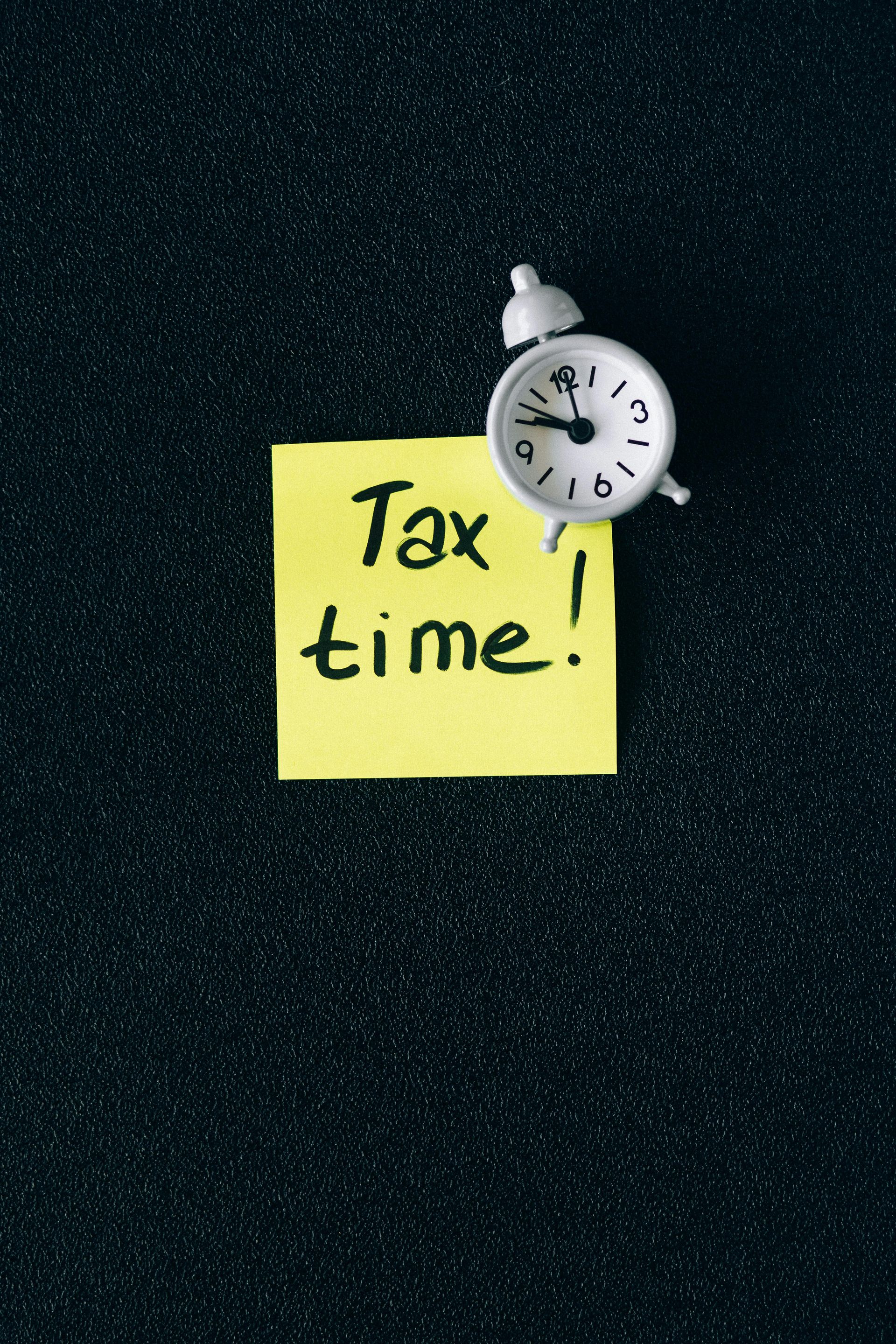The sharing economy is booming in Australia with a large proportion of the population either making it their full-time job or making a little extra money on the side. However, with the boom comes the all-seeing-eye of the ATO which is now firmly focused on the sharing economy. Its latest target are those people who rent/hire their car out in car sharing arrangements, but this is by no means its only focus, and comes on the back of a data-matching program on online accommodation platforms.
The sharing economy has become a big disrupter in the Australian market, particularly in the areas of accommodation, transport, food delivery, or car sharing. It seems like everyone is getting in on the action of making a little extra money on the side whether it be renting out a spare room, driving for a ride sharing service, or even sharing their cars. It is no surprise then that the ATO is keeping a close eye on the participants in this sector.
In the latest round of salvos against people in the sharing economy that may be flouting tax laws, the ATO is turning its attention to car sharing platforms. This interest has been prompted by the growing popularity of third party services such as Car Next Door, Carhood and DriveMyCar Rentals.
If you receive income from sharing your car, no matter how little, you need to include it in your tax return, and cannot avoid tax by calling it a hobby.
However, the flip-side is that you are entitled to claim deductions directly related to renting, hiring or sharing of your car. These expenses can include: platform membership fees, availability fees, cleaning fees, and car running expenses. The deductions you can claim depends on the car sharing agreement you have. For example, different agreements require either the car borrower or car owner to bear the costs of refuelling the car. Therefore, you can only claim expenses if you actually paid for them. Another thing to keep in mind is keeping accurate records and retaining all your receipts to back up any expense claims should the ATO come knocking.
If you participate in car sharing arrangements you should also be aware that deductions for running expenses may differ depending on the vehicle that's being shared. Cars designed to carry a load of less than one tonne can use the cents-per-kilometre method or the logbook method, but motorbikes and vehicles designed to carry more than one tonne or more than 8 passengers cannot use the cents-per-kilometre method.
Other pitfalls of car sharing include situations where you jointly own a car, in which case, all income and deductions need to be apportioned based on your share of ownership. In addition, if your car sharing activities amount to more than occasionally renting out your own car (ie you're considered to have an "enterprise" of renting or hiring your car), you may be required to register for GST. In those instances, you will have to pay GST on the payments you receive, but will be able to claim GST credits provided you use them in carrying on your "enterprise".
This focus on car sharing comes on the back of an ongoing data-matching program on online accommodation platforms which will collect data to identify people providing accommodation through online platforms during the 2016-17 to 2019-20 income years. Details collected from this data-matching program include: listing owner and property details (name, residential address, phone number, date of birth, rental property address etc), financial transactions per listing (bank details of owner, gross rental income, nights books etc), property activities (listing date, conversion rate, host/owner block out dates, price per night etc). The program will also obtain various information from financial institutions of the platform providers.
Need more information?
Contact us if you would like more information on the ATO's blitz on car sharing, online accommodation or the sharing economy in general. We have the expertise to help you get it right whether you're renting out your home or car occasionally, or whether you're running an enterprise.










